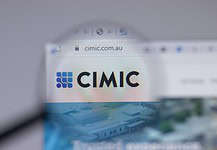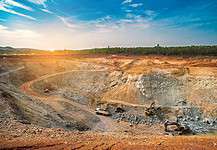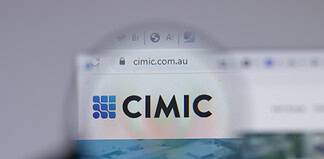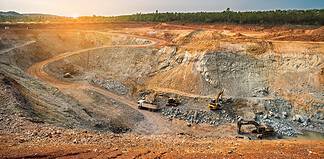 IN an ultimate story of small business savvy enacting huge community change, a group of female elders from the Wirlu-murra Aboriginal community in Roebourne have translated a market stall selling local artwork into joint venture mining contracts worth $100 million.
IN an ultimate story of small business savvy enacting huge community change, a group of female elders from the Wirlu-murra Aboriginal community in Roebourne have translated a market stall selling local artwork into joint venture mining contracts worth $100 million.
The group began a gallery after demand for their artwork exceeded the capacity of their stall outside a local church. In time the gallery boomed, and the women’s work has since been exported to customers across the world.
The group established the Wirlu-murra Yindjibarndi Aboriginal Corporation (WMYAC) on the success of their art business, and the elders are now spearheading a major push to create a better future for their community, through the ongoing gallery business and the establishment of joint venture partnerships with mining companies.
The Yindjibarndi people are the Traditional Owners of a large part of the central Pilbara stretching from the Millstream-Chichester National Park south across the Fortescue River into the Hamersley Ranges. WMYAC’s leadership now includes some of the Pilbara region’s most respected elders and law bosses, and elder Allery Sandy said the organisation’s focus was on generating revenue to be put toward helping the Yindjibarndi people.
“Many negative things have been said about Roebourne, but there are positive people living in our community and [we] would like to see positive things happen in our community,” Mrs Sandy said.
“When we work together as a whole, supporting and listening to each other and respecting each other we will achieve what we are aiming for.”
WMYAC is involved in a number of projects that it hopes will provide economic benefits for WMYAC members and the broader community. It has signed contracts for work including personnel transport and the provision of road maintenance and earthworks in partnership with Leighton Contractors, as well as the construction of a tailings storage facility for Fortescue Metals Group’s Solomon Hub project.
WMYAC has also been tasked with conducting heritage surveys for mining companies as well as cultural training for fly in, fly out workers. The organisation draws on the knowledge of its elders to carry out heritage surveys – since July 2012 it has participated in 21 heritage surveys that have identified 10 ethnographic sites and 223 archaeological sites. In this time 146 sites have been salvaged.
“We would like to see more of our young people getting traineeships and working,” Mrs Sandy said.
“We are training our young people to do office work as well as get out in the country and work with our elders. “We will continue to cater for our families and our young people, getting them to do
more jobs in the community.”
WMYAC’s joint venture projects are important income generation tools for the local community while it awaits the outcome of Native Title negotiations with mining companies including Rio Tinto and Fortescue. “There are opportunities there, we want to grab hold of these opportunities rather than letting this mining boom pass us by,” Mrs Sandy said.
WMYAC has been a key supporter of the Vocational Training and Employment Centre (VTEC) established by Fortescue in the town of Roebourne to encourage local young Aboriginal people to develop the skills required to gain employment.
Shaun Derschow has been working as a dump truck operator at Fortescue’s Christmas Creek mine for more than a year after completing a course at the VTEC.
“I received training in Roebourne which helped me to get a job for a mining company. They give me a car and a house and it’s good to have money coming in every month,” Mr Derschow said.
“It’s good getting paid because I can support my son and support my girlfriend. I’m getting what I never had when I was younger growing up in Roebourne.”











































